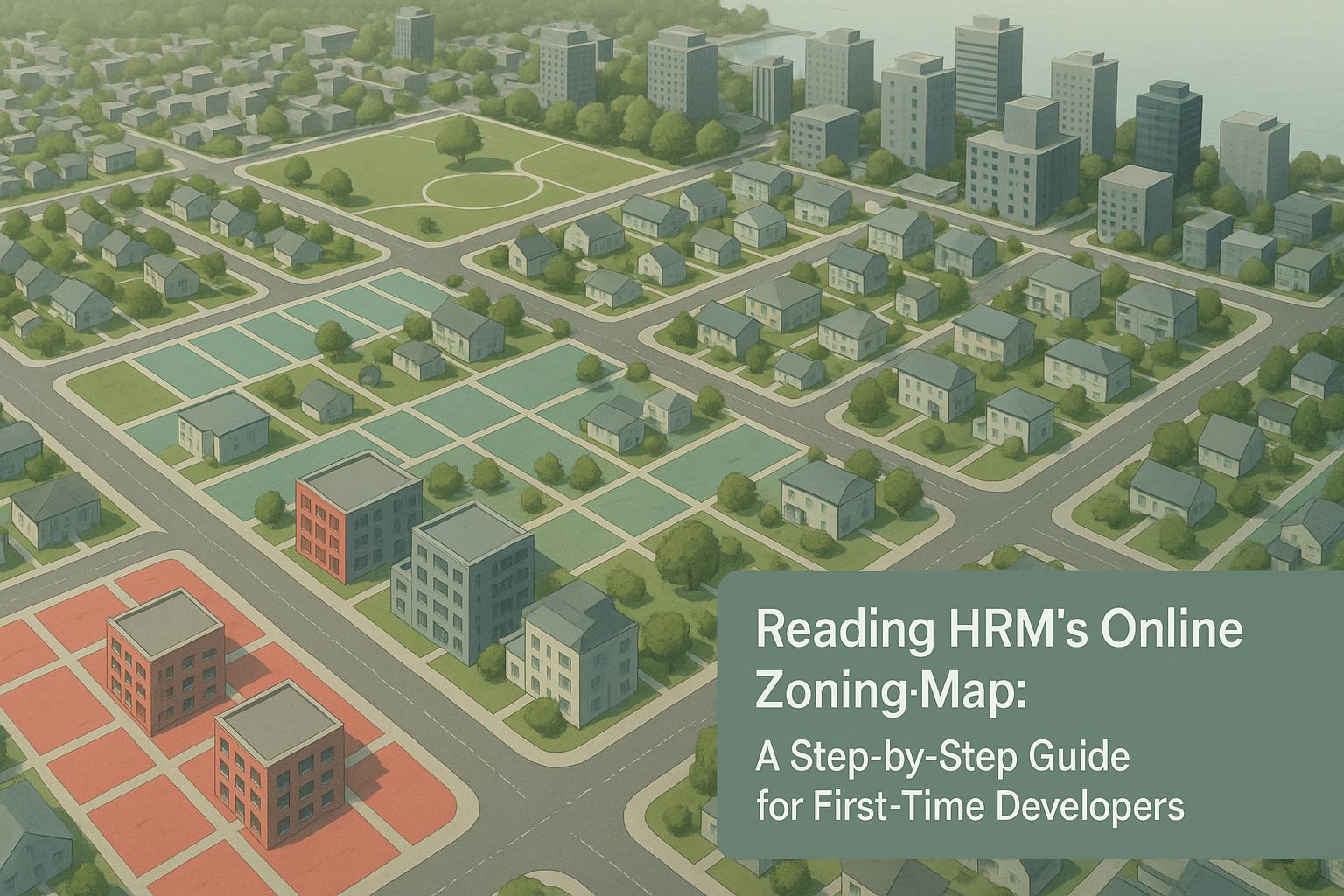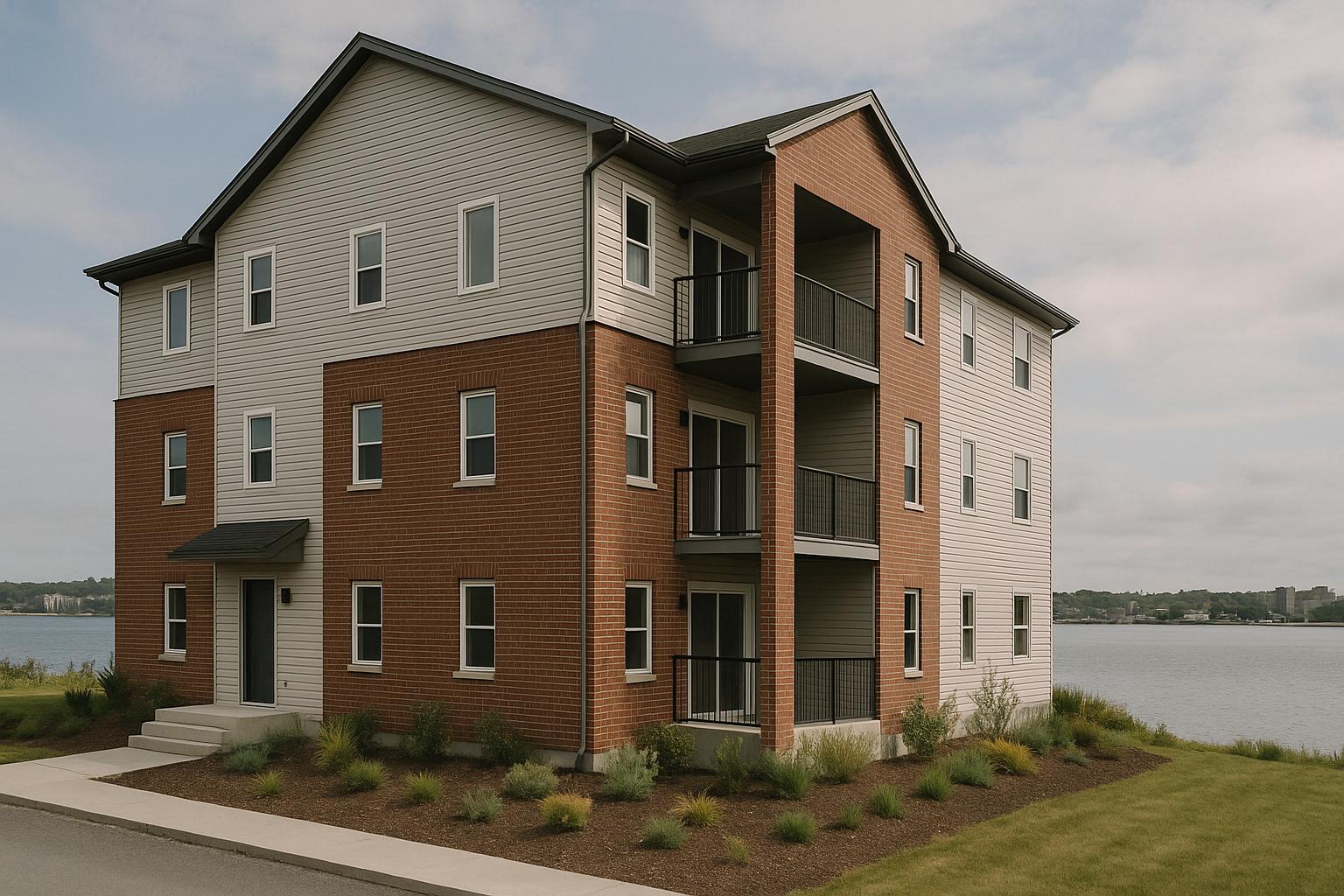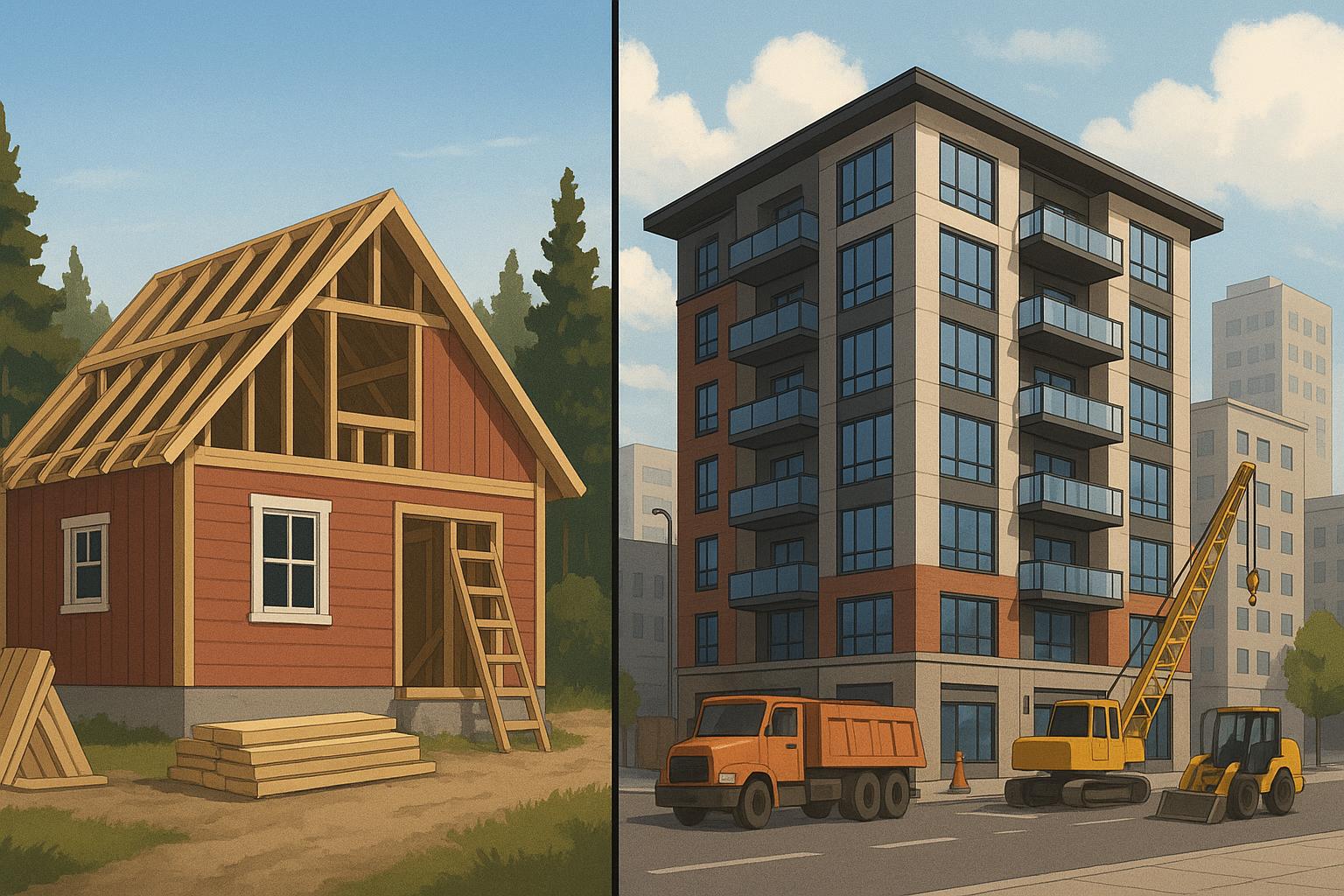The Nova Scotia government has introduced new legislation aimed at easing the financial burden on homeowners rebuilding after natural disasters. The proposed bill would empower municipalities to reduce property taxes for homes reconstructed following events such as wildfires, hurricanes, floods, or storms.
Municipal Affairs Minister John Lohr emphasized that the legislation reflects the growing prevalence of extreme weather events in the province. "We can anticipate that Nova Scotia will continue to experience more frequent and extreme weather", Lohr said.
The bill is partly a response to the devastation caused by recent wildfires, including an incident near Long Lake in western Nova Scotia that destroyed 20 homes in late August. Lohr noted that this legislation builds on measures introduced after the catastrophic 2023 wildfires, which resulted in the destruction of more than 200 homes. "In the wake of the devastating fires of 2023, when we saw more than 200 homes destroyed, we did (create) a bill for that particular group. And this is simply enabling municipalities to make that decision themselves", he explained.
Municipal decisions and disaster types
Under the proposed legislation, individual municipalities would have the authority to determine which types of natural disasters would qualify for property tax reductions. While the bill lists examples including wildfires, hurricanes, floods, and storms, it leaves the specific criteria up to local governments.
sbb-itb-16b8a48
Transportation and development restrictions
In addition to its focus on tax relief for disaster recovery, the legislation includes provisions to restrict development near designated "priority transportation corridors" without prior approval. These measures would allow the government to identify and protect land required for important transportation projects. However, Peter Hackett, deputy minister of the provincial Crown corporation responsible for transportation planning, indicated that no specific roads or highways have been designated yet. "We have not designated, or (been) looking at any designations yet", Hackett said, adding that the government plans to collaborate with municipalities, developers, and other stakeholders. "We are not trying to impede anything here. We’re just trying to work together", he added.
Streamlining childcare centre construction
The proposed legislation also aims to accelerate the development of childcare centres in areas with critical need. By allowing the government to bypass certain land-use bylaws, the bill seeks to reduce bureaucratic delays. Lohr highlighted the urgency of the changes, describing them as consistent with measures taken in 2023 to expedite healthcare facility construction. "This would allow more urgently needed childcare spaces to be created faster in communities where they are needed most and with less red tape", Lohr said.
Additional amendments for workers’ compensation
In a separate legislative effort, the Nova Scotia government introduced amendments to the Workers’ Compensation Act. Starting in January 2027, these changes would increase benefits for workers and lower employer rates.
The proposed bills collectively reflect the government’s intent to address urgent issues, from disaster recovery and transportation planning to improved access to childcare and enhanced support for workers. While municipal discretion will play a key role in implementing some of these measures, the legislation underscores a proactive approach to tackling the province’s evolving needs.



